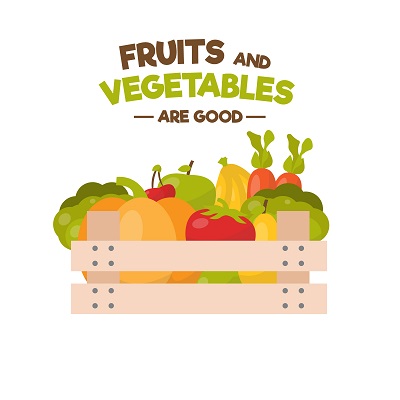 More and more people are switching to a meatless diet today, but it is not just a trend people do because it is the in thing. Apart from promoting health, helping maintain a healthy weight and preserving animal life, people join in because they are passionate about conserving resources and reducing fuel dependence.
More and more people are switching to a meatless diet today, but it is not just a trend people do because it is the in thing. Apart from promoting health, helping maintain a healthy weight and preserving animal life, people join in because they are passionate about conserving resources and reducing fuel dependence.
How important is it to reduce fuel dependence? How can going meatless contribute to it? Find out why going meatless is more than just for personal gain.
What is Fuel Dependence?
Today’s highly industrialized world is hugely dependent on fossil fuels, such as coal, natural gas, and petroleum. Business sectors and even homes are largely dependent on the energy produced by these fossil fuels, from electricity, transportation, heating systems and food production.
Energy produced from fossil fuels makes things easier, faster and more convenient which is primarily the reason why the world has become fuel dependent. The nonstop industrialization and increase of population contribute to higher demands of use of fossil fuels.
Now, the huge problem is fossil fuels are not infinite resources and the depletion of these resources is likely to happen in the not so distant future. Imagine what the repercussions would be if it actually happens.
Moreover, extraction and use of fossil fuels largely contribute to the pollution of the environment which is another huge problem the world is facing right now.
Use of fossil fuels has its pros and cons. The world can never go back to the ways of living hundred years ago. But, perhaps each one can take part in minimizing the use of these resources to slow down depletion and to reduce pollution.
How a Meatless Diet Helps to Reduce Fuel Dependence
Depletion of fossil fuels is such a scary thought. Now, if you want to take part in saving the world going meatless is one of the things you can do. As they say, the more, the better. Above all, it can make you healthy and the animals happy.
You might be wondering about the link between meat and use of fossil fuels. Well, livestock agriculture does not flourish on grass and water alone. Irrigation, fertilizers, food storage, maintenance of farmhouses, transportation of agricultural products all requires the use of fossil fuels.
Crop farming uses fossil fuel too; however, studies show that raising animals for meat has greater use of these resources than raising crops for human food.
As a matter of fact, one study pointed out that it takes 10 times more use of fuel energy to produce one calorie of animal meat protein than to produce a calorie of plant protein.
Growing feed crops alone accounts for 75 percent use of fuel energy mainly due to the use of chemical fertilizers which requires large quantities of petroleum to make and use.
Additionally, meat usually needs refrigeration and more cooking time which means storage and preparation would consume more electricity and gas than plant foods.
As the worldwide population continues to grow, demands for meat and meat products continue to increase and therefore demands of fuel energy become greater.
Going meatless helps to reduce the demand for meat in the market and when more people are doing it livestock farmers will have to reduce their production. The concept of supply and demand comes to mind here.
You will save the world if you go meatless is quite an exaggerated statement to convince people to make a diet switch. But, it really is one of the good reasons why you should. It is a small part of a collective effort one should not underestimate.
If you choose to switch to a meatless diet, there are a few important things you need to keep in mind. First, if not appropriately planned, a meatless diet may result in nutritional deficiencies which can harm your health.
Second, do your research on the different plant foods that provide all the key nutrients your body requires.
Third, if you have let go of meat you should also minimize your intake of other unhealthy foods, such as soda, junk foods, and candies. A meatless diet with regular consumption of these foods will hardly make a difference to your health.






